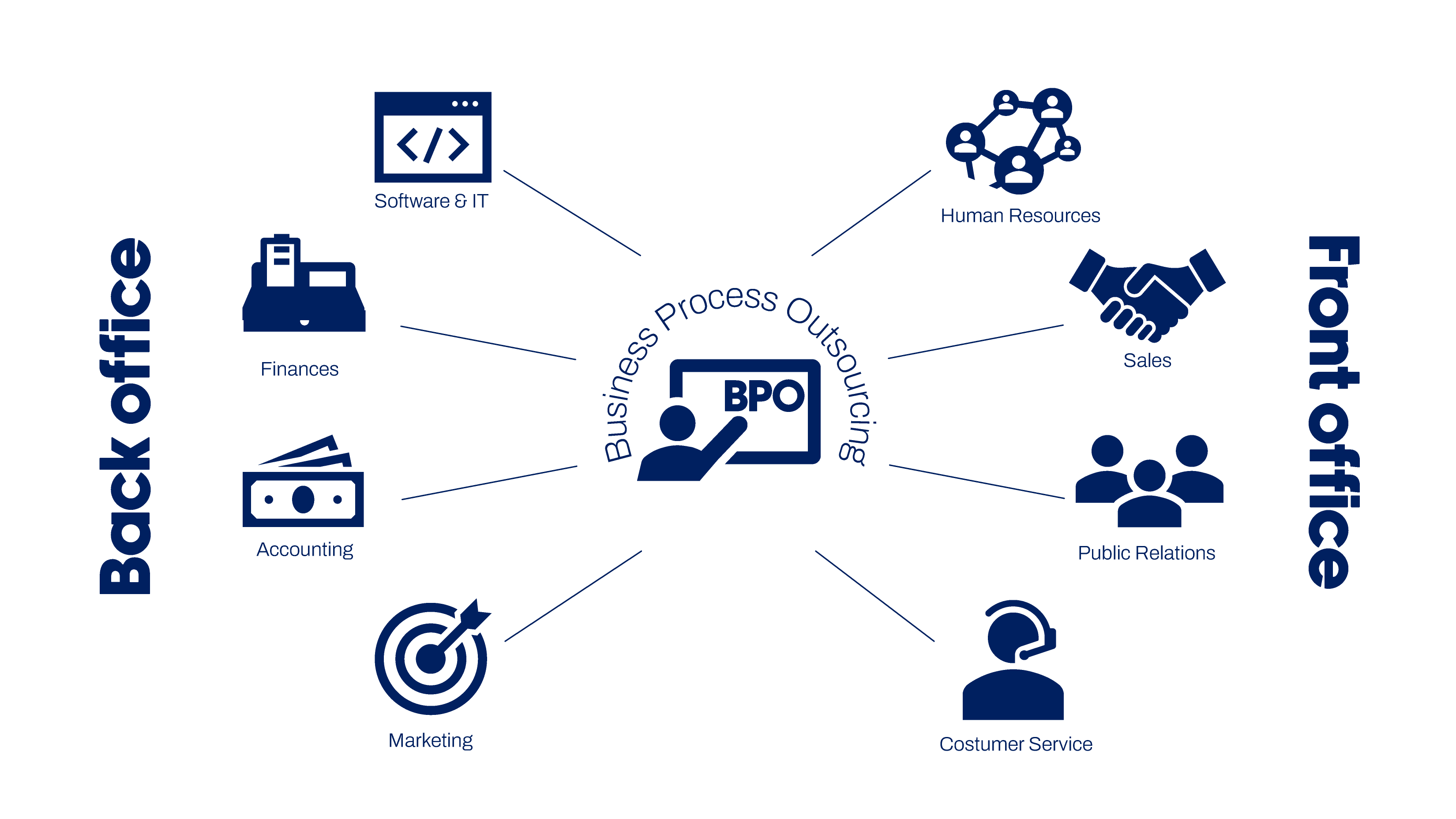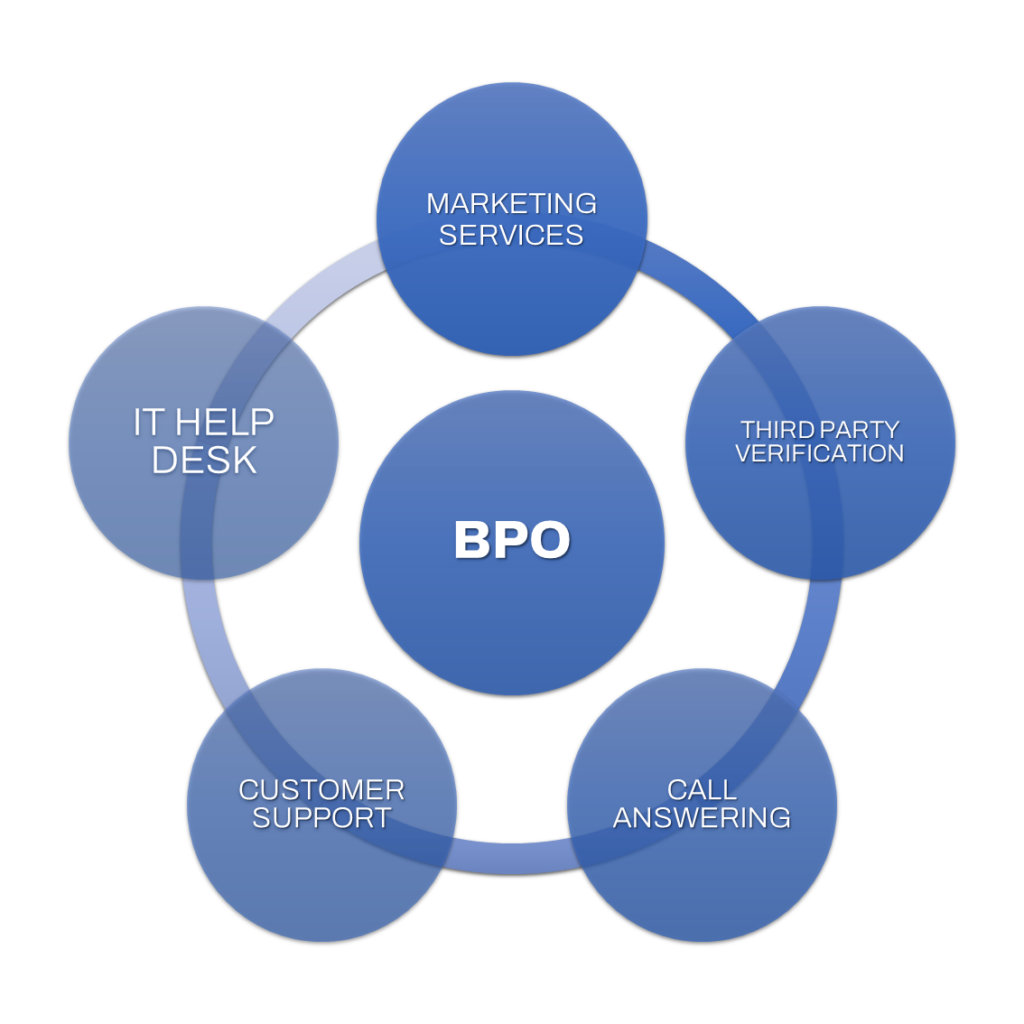It is common for companies to outsource external services to perform secondary actions that are not directly related to their main processes, such as providing courier services or cleaning services.
With the development of information and communication technologies, many organizations and companies have gone a step further by contracting the services of third parties for activities that have a direct impact on their business process, such as administrative management or technical support. Outsourcing can be offshore, which implies that the activity is carried out externally, and it is even possible that it is carried out in other countries, due to more favorable economic or tax conditions.
Next we will see what Business Process Outsourcing is and the benefits of outsourcing business processes.
What is BPO?
BPO or Business Process Outsourcing Is the outsourcing of business functions or processes to specialized service providers. It involves assigning specific activities that have a direct impact on the business to external entities in order to improve quality, reduce costs and increase productivity.
Types of BPO:
- Front office: customer service, sales, technical support, recovery, collection, retention, help desk, satisfaction surveys, among others.
- Back office: human resources management, invoicing, finance portfolio, accounting, purchasing management, logistics, business analytics, information analysis, among others.

In which services BPO is applied? Backoffice Abroad solutions
- Internal business functions. Those administration services that have a high technological component such as invoicing, purchasing processes or the implementation and maintenance of IT resources.
- Customer-related services. Services that are related to customers such as marketing, advertising or technical service fall under BPO, seeking to increase their quality and efficiency, while reducing their cost.
If it is carried out within the facilities of the company contracting the service it is an in-house BPO and if it is not carried out in the service provider’s facilities it is known as an off-site BPO. It is possible that an agreement is reached with the service provider to share risks and offer added value. This type of BPO contracting is known as Co-sourcing.

BPO brings a series of benefits to companies that decide to outsource some of their processes or services. The main advantages are:
- Improving quality
The contracted provider is a company specialized in this type of services, so it has the resources, infrastructure and experience necessary to obtain an optimal result.
The staff of the service provider will have a high level of technical training, which will allow them to offer a more efficient and higher quality service. The BPO implies an increase in the quality of the products and services offered by the company.
- Reduction of costs
Contracting activities and processes to an external company means that neither the infrastructure nor the personnel necessary to carry them out are required.
Therefore, there is a reduction of costs related to personnel, rent of premises and offices, investment and maintenance of technological equipment, software licenses and the like.
- Establish new objectives
By outsourcing, infrastructure costs are eliminated, flexibility and the ability to adapt to changes are gained, and the speed of processes and decision-making is increased.
- Increase in efficiency
The BPO provides flexibility to choose the most relevant services to be outsourced (for example, those that cost the most or are generating the least value).
The outsourced provider will allow the company to have access to the latest technology without the need to invest in it, being at the forefront of the market and being able to fight with the competition in an optimal way.

Remember that we publish interesting content like this on our blog! We invite you to take a look to keep learning about the BPO world.

Thanks for your blog, nice to read. Do not stop.